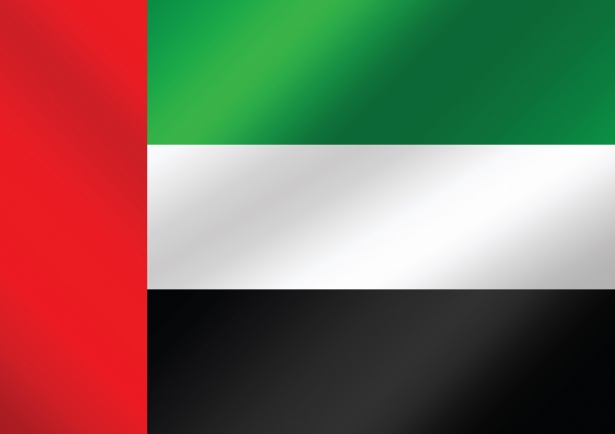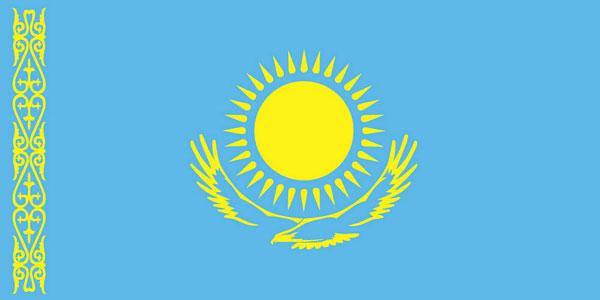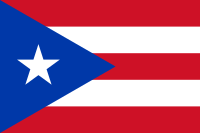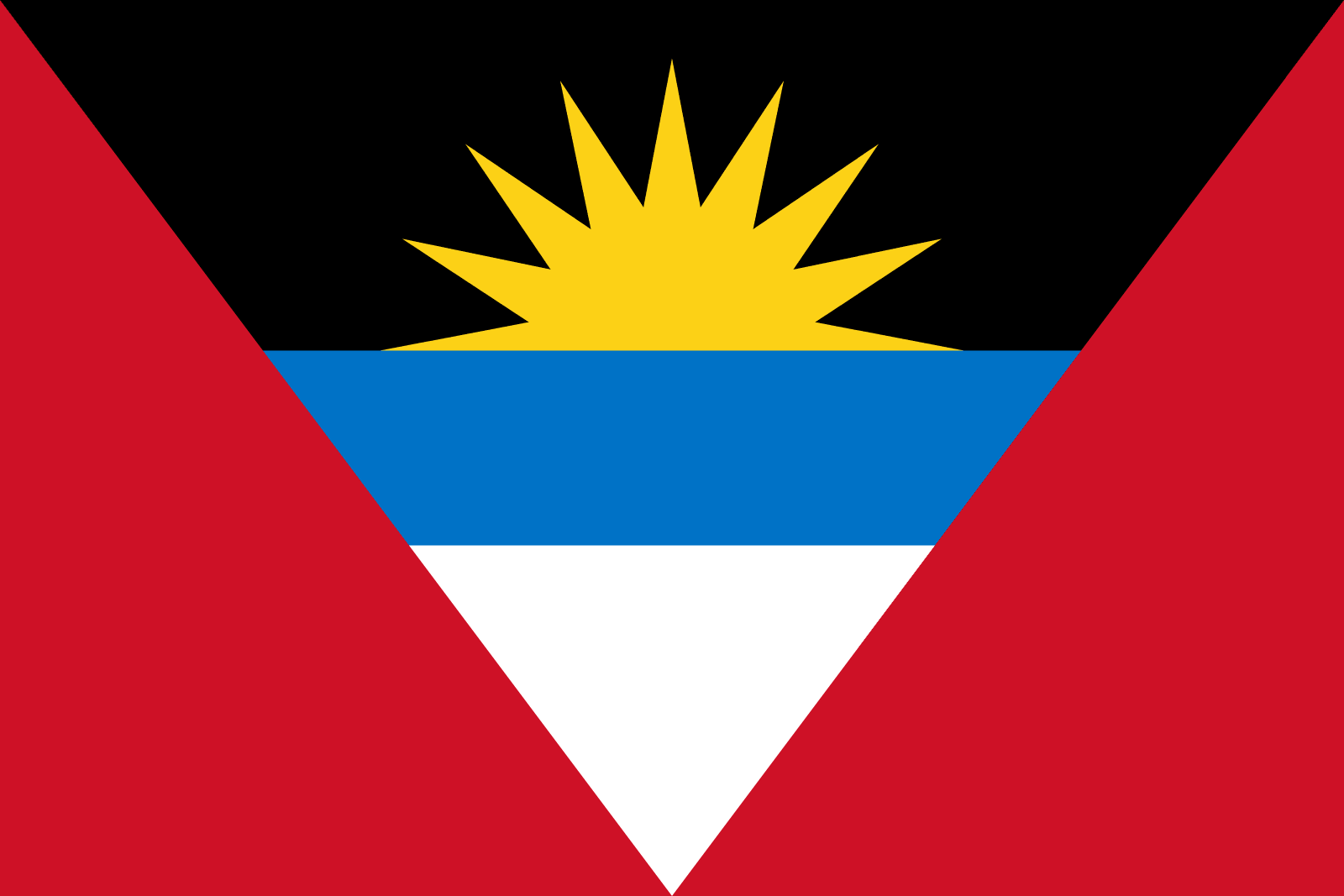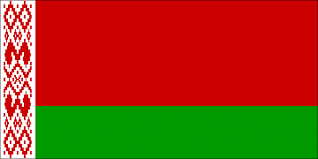Singapore is called one of the main financial centers of the world, this city-state is one of the most developed in the Asia-Pacific region. Singapore ranks second in the World Bank’s 2021 Ease of Doing Business rank and has a favorable business climate, therefore investors and entrepreneurs from different countries are willing to do business in this country. The presence of a transparent and strict regulatory framework, which guarantees the security of finances also contributes to this.
The banking system of Singapore is actively developing, there are more than 120 banks, the largest of which are DBS Bank, Oversea-Chinese Banking, United Overseas Bank. The central bank and sole banking regulator of the country is the Monetary Authority of Singapore (MAS). Since 2016, the “Smart Nation” initiative has been implemented here, which allows calling Singapore a center of digital technologies.
Singapore is positioned as a modern, progressive financial center; reputation issues are taken very seriously here. In the last few years, due to the tightening of international and internal measures against money laundering and terrorist financing, the process of opening an account for non-residents in Singapore has become more complicated and verification of the depositor’s identity may take longer.
